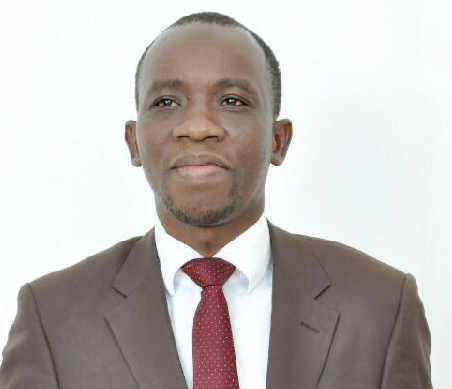
Annual pension rate to go up by 9 per cent — Think tank
A policy think tank on pensions, the Africa Centre for Retirement Research (ACRR), has projected that the annual increment in the rate of pension, known as indexation, is expected to go up by a minimum of nine per cent this year, to reflect inflation and other developments.
The pension indexation rate is announced annually by the Social Security and National Insurance Trust (SSNIT) to bring existing retirees’ pensions to par with inflation.
It was last increased by 9.34 per cent for 2021 and a flat amount of GH¢6.47 added to all pensioners on the SSNIT payroll.
The Executive Director of the ACRR , Mr. Abdallah Mashud, told the Daily Graphic that the rate of increment of the pension indexation as projected by his outfit was based on analysis on the pension indexation data from 2009 to 2020 by SSNIT.
Closing the inequality gap
He said the analysis indicated that the current mode of pension indexation could be improved to fully reflect the solidarity and risk pooling principles on which social security thrives.
“We hold the opinion that in reviewing pensions, as stipulated in section 80 of the National Pensions Act, 2008 (Act 766), the trust could administratively consider a model that segregates the fixed rate of increment in a manner that high monthly pension earners shall receive a moderately lower fixed rate as compared to low monthly pension earners”, he said.
That, he said, would minimise the growing economic inequality between the rich and the poor, deepen the solidarity and risk pooling principles on which social security thrives, as well as improve the long-term financial health of the scheme.
Minimum pension
The ACRR also called for an increment in the minimum pension paid to retirees.
The Executive Director of the ACRR said the minimum pension, which has stayed at GH¢300 since 2018, needed to be reviewed upward this year to reflect the current economic situation, especially the cost of living.
He explained that an upward adjustment would help to practically sustain the economic welfare of pensioners as well as close the growing economic gap between new and old retirees.
“Let’s remember that the Minimum Pension has consistently increased each year since the start of the old social security law (PNDC Law 247) in 1992 until 2017 when it got stuck at GH¢276 in 2017 and 2018. It was reviewed upward to GH¢300 in 2019 and has remained there since”, he said.
“The buying power of GH¢300 has drastically reduced and pensioners can hardly survive on GH¢300 given the spate of price changes in the larger economy”, he stated.
In addition, Mr. Mashud said given the projected price inflation of the Ghanaian economy, the 2017 Actuarial Valuation report of SSNIT had projected that the minimum pension would consistently increase each year to keep the purchasing power of pensioners constant.
He stated further that his outfit assessment of the economic impact of COVID-19 pandemic on pensioners revealed that the pandemic introduced new expenses on the already tight budget of pensioners in particular, individuals cost of healthcare went up by an average of 43.65 per cent.
Coverage
Making a case for the upward review in the minimum pension, the Executive Director of ACRR said a large number of retirees depended on retirement income for their upkeep and the wellbeing of their families.
He said the study by the institution found that of every 10 retirees, more than eight of them relied on social security payouts as their primary source of livelihood, with each retiree having an average of six dependents.
“The survey also revealed that the pandemic has caused increased hospital visitation by pensioners, resulting in increased cost of health care. The increased medical costs to pensioners during the era of the pandemic, resulting from the increased hospital visitation, have forced significant disparity between real value of pension payouts and pace of inflation.”
Justification
Mr. Mashud said a detailed analysis of the pension structure showed that more than 98 per cent of those on minimum pension had either joined the SSNIT scheme and started contributing much earlier at ages averaging 20 years, stopped contributing earlier at ages averaging 42 years mostly due to issues of health, job losses, mobility or relocating abroad, change in jobs resulting in pension scheme switches or retired mostly before age 60, averaging 57 years.
Previous increments
Data from SSNIT show that the minimum pension was last increased from GH¢276 in 2018 to GH¢300 and has remained so until now.
Before hitting GH¢276 per month, the minimum pension was GH¢200 and GH¢230 in 2014 and 2015, respectively.
